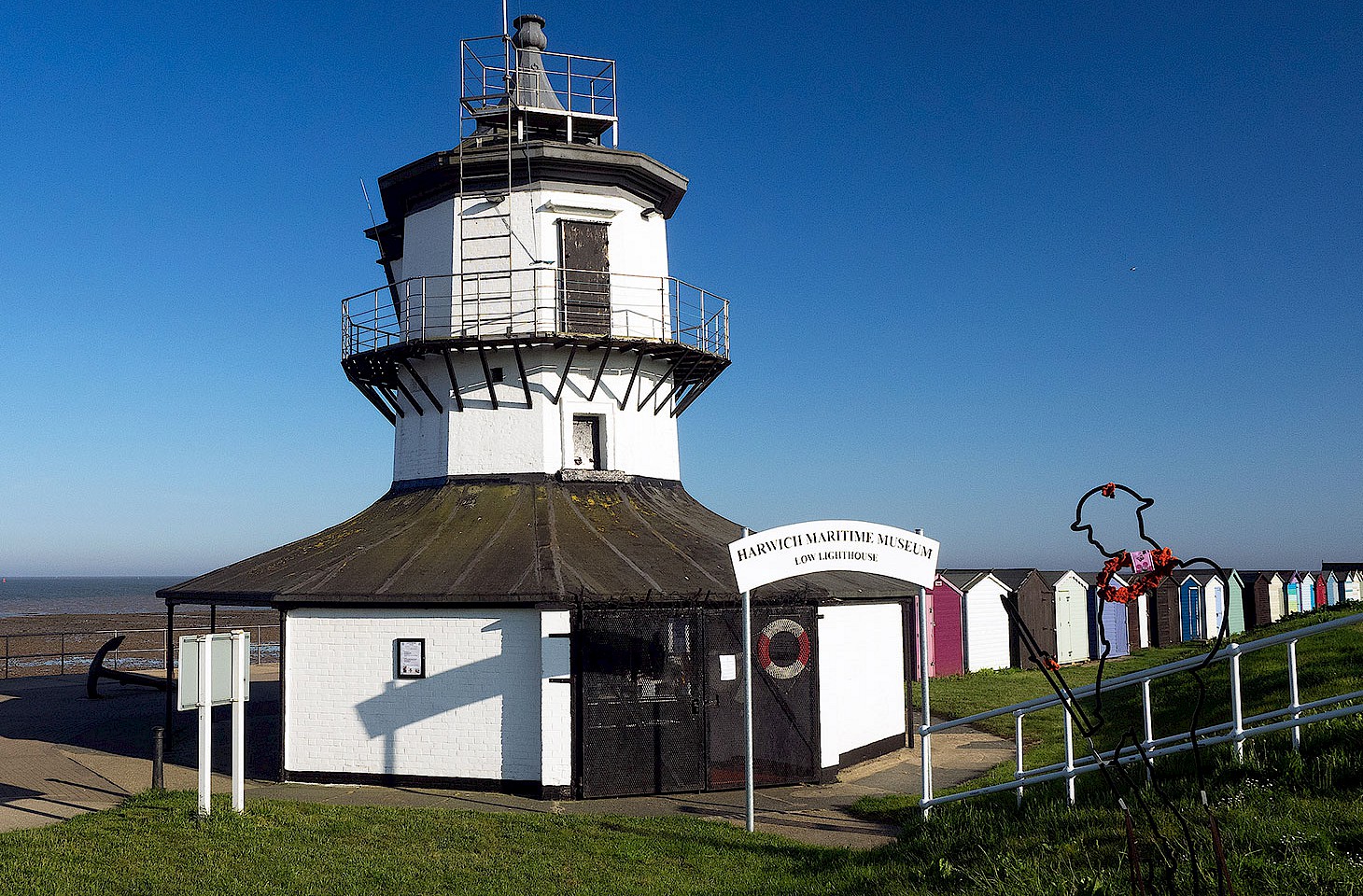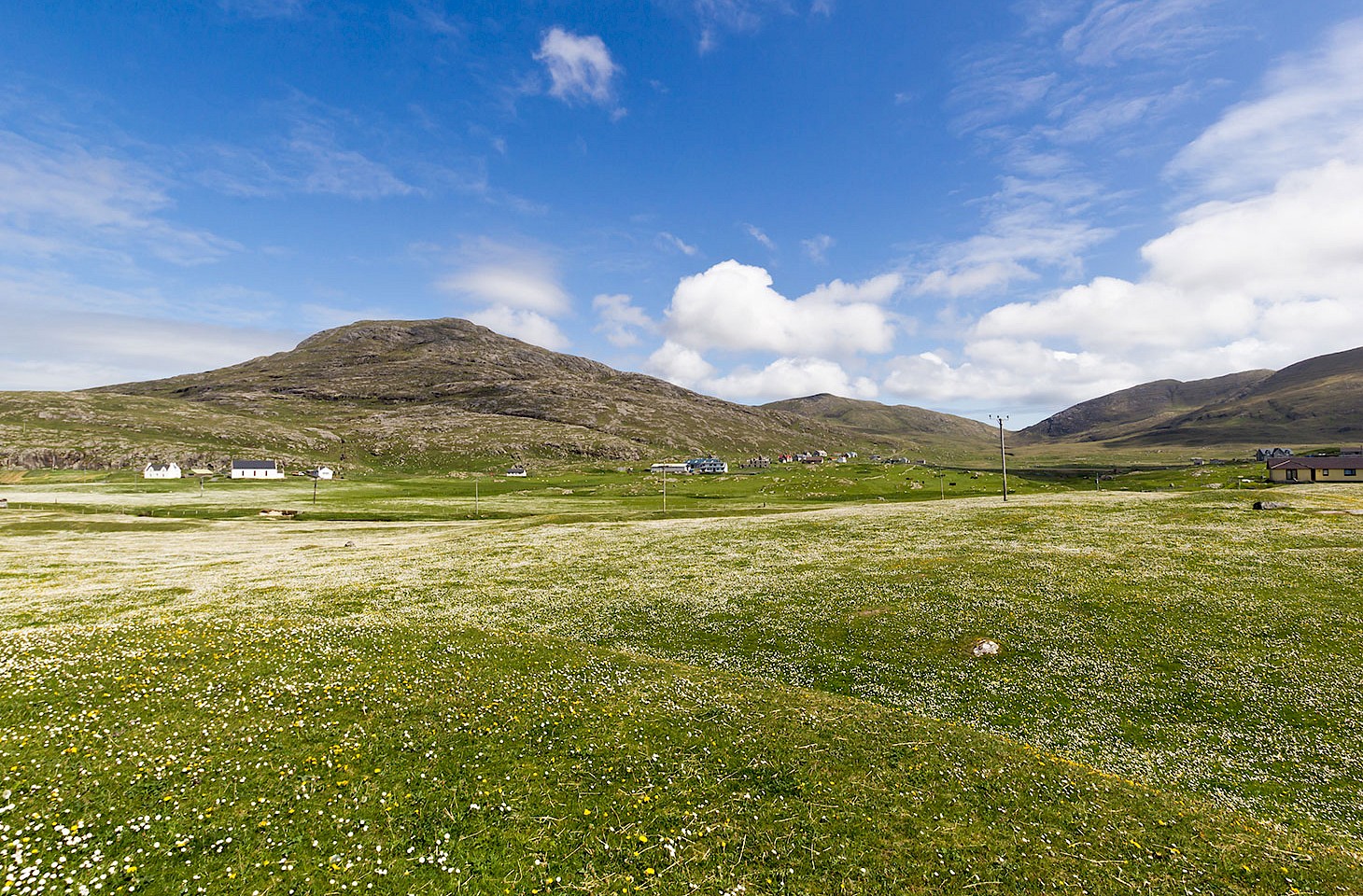The news that about seven million air travellers across Europe have had their travel plans disrupted over the last five days has captured the headlines, especially in Britain where the fate of 150,000 Brits trapped abroad has evoked emotional calls for Dunkirk-style rescues. Of course, there are Germans stranded in Mallorca and Poles having extended stays in Black Sea resorts. That infamous cloud does not favour one nationality over another.
But let us get this in perspective. Well over one hundred million journeys are made every day on Europe’s rail network. British travellers who affect to be trapped in Brussels, Paris, Barcelona, Milan or Budapest could easily travel home by train in the next day or two. The Eurostar rail services that run through the Channel Tunnel to London have been heavily loaded this weekend, and will continue to be so in the days ahead. But they still have spare places on almost every train. And those cross-Channel ferry services which offer space to foot passengers – not all do – have plenty of spare capacity.
So very few Brits are really trapped on the continent. At least they are not trapped by the complete absence of any travel options. They are trapped by their reluctance or inability to pay the going rate for an on-the-spot ticket for immediate departure. Cast back twenty years to 1990, before the advent of low cost air travel, and it was then perfectly normal to have to pay three hundred euros or more for a one-way flight to London from Milan or Berlin. Have we not all become so seduced by cheap fares that it has clouded our judgement? For those who want to get home, whether by coach, rail or ferry (or a combination of the three), there are options galore. The rub is that it will take a lot longer, and may cost considerably more than we have become used to paying for a comparable journey by plane booked months in advance.
We can even see a silver lining in the volcanic cloud that hangs over Europe. We hope that travellers will realise that air travel has become too cheap, too easy, too seductive. Perhaps now is the time to rethink our travel habits.
Nicky Gardner and Susanne Kries
(hidden europe)




